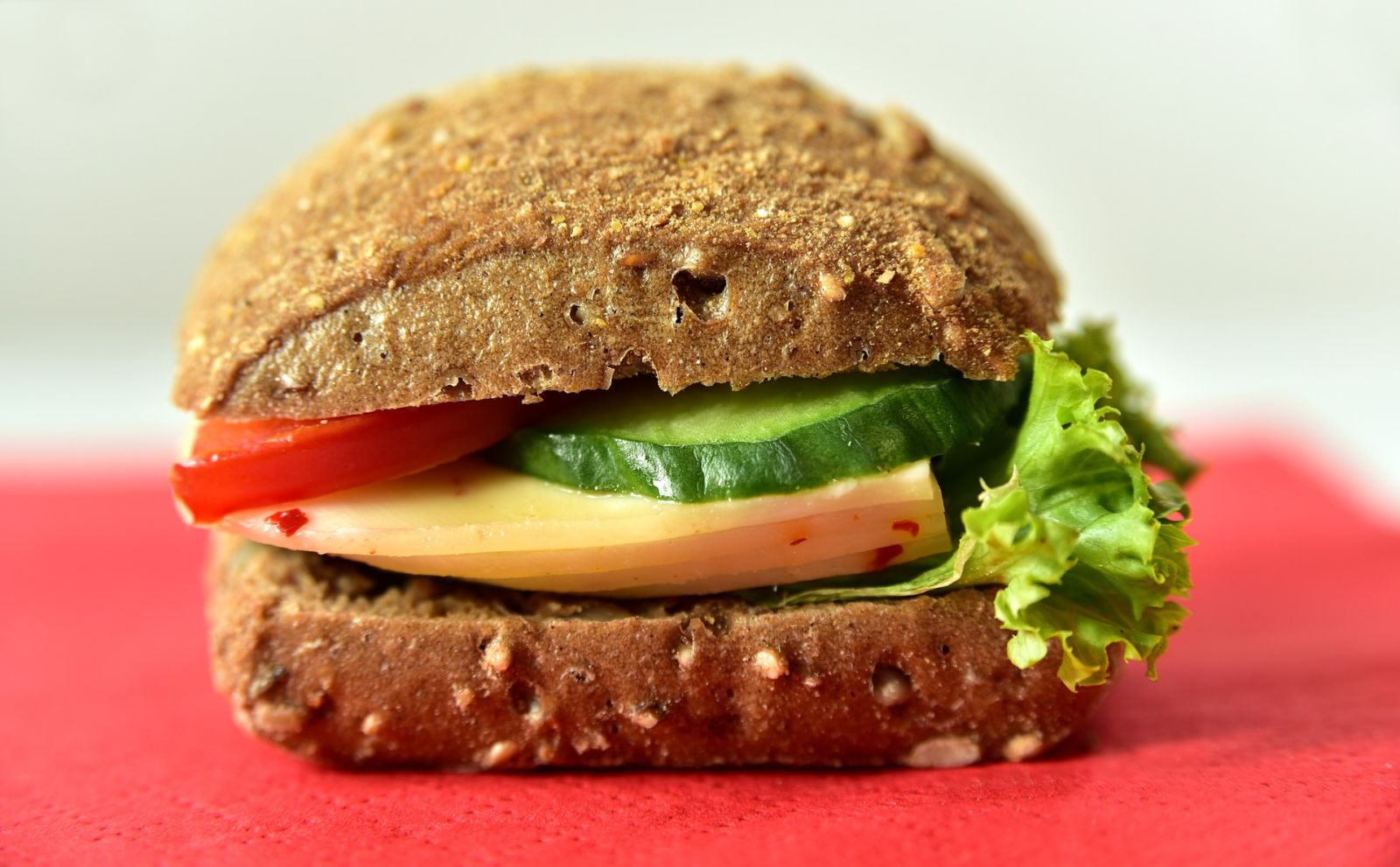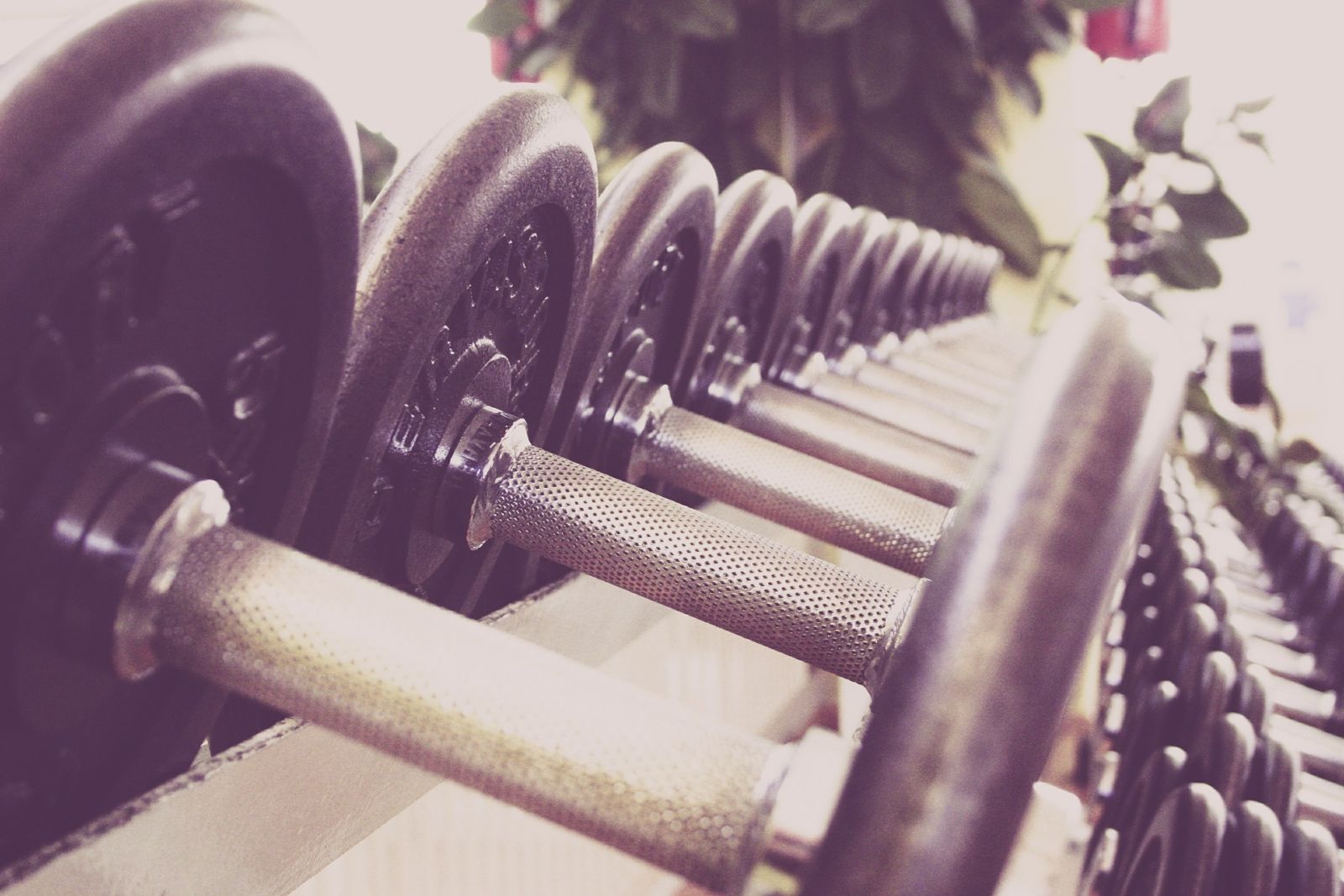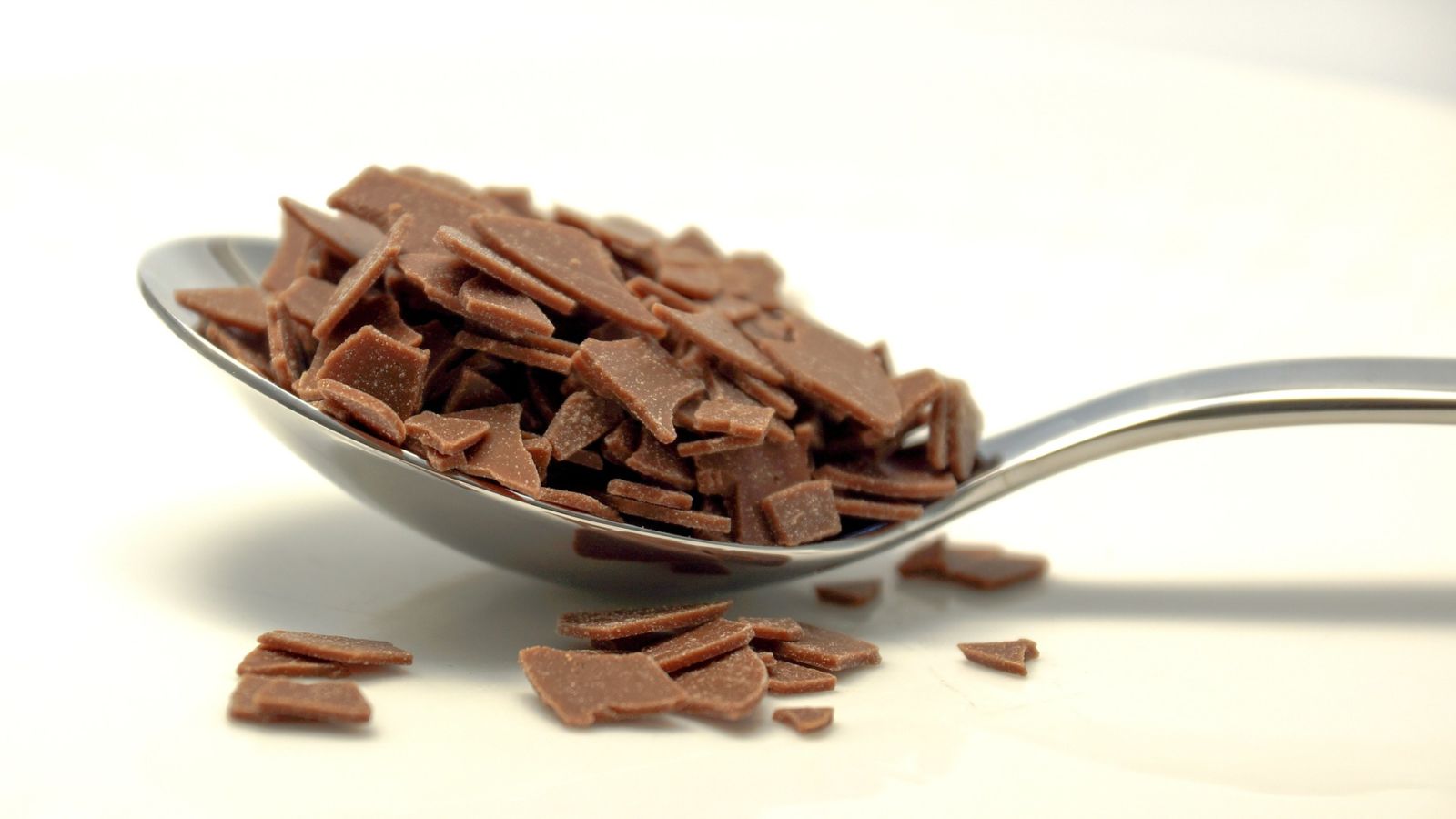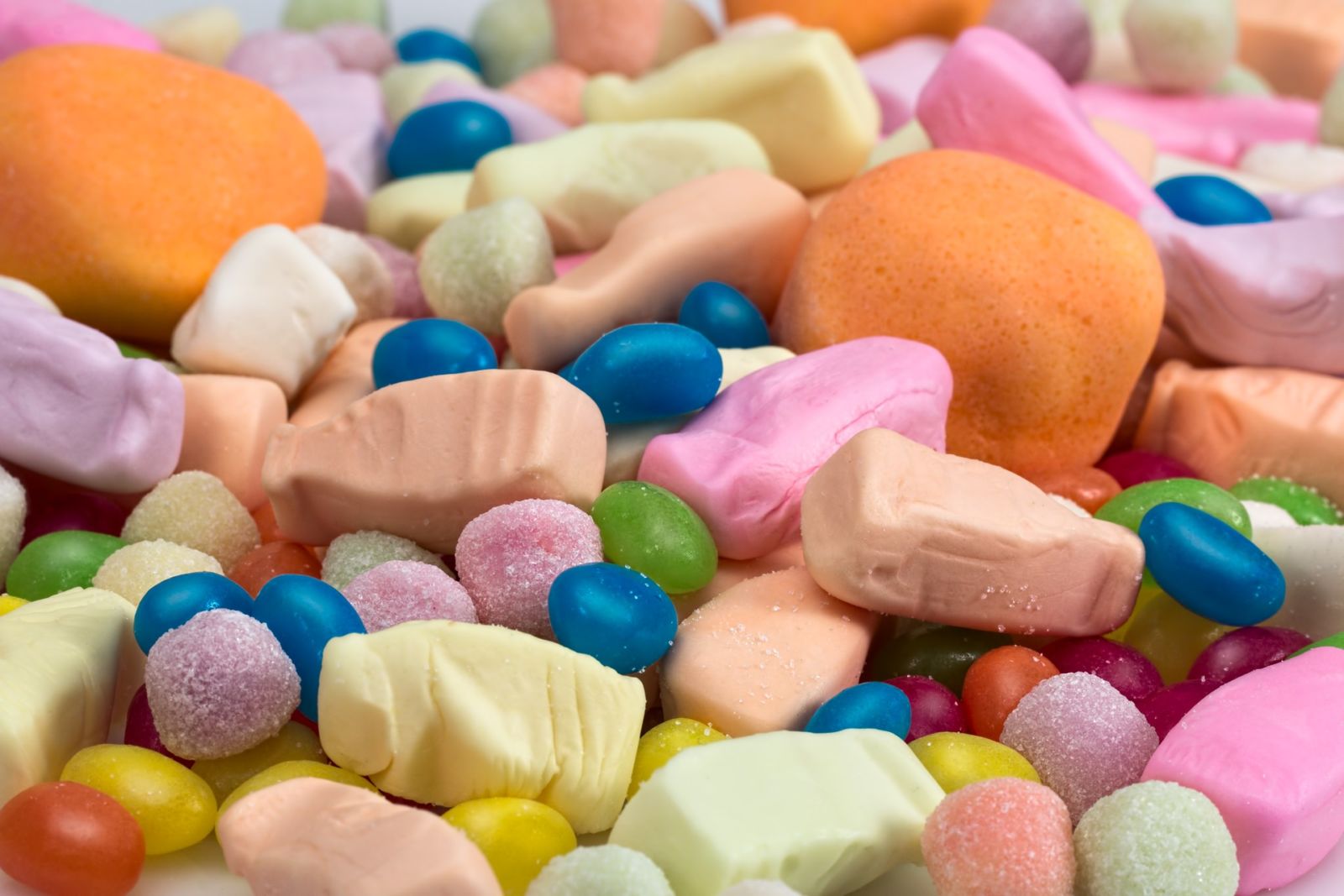Explaining carbohydrates (energy/fuel)

Carbohydrates give our bodies energy. We need it to function at all. Carbohydrates are converted into glucose in our bodies. This glucose is transported via your blood to your liver and muscles where it is converted into glycogen; our fuel to move!
When you do not consume enough carbohydrates, your body will start using proteins as fuel, whereas you need the proteins to build your muscles.
Eating too few carbohydrates results in muscle breakdown - i.e. physical weakening. So carbohydrates are indispensable!
It only gets annoying when you too much eating carbohydrates. Any carbs that are unnecessary are not converted into glucose and eventually glycogen, but into fat! Your body stores this in fat cells as so-called reserve stores for later. These fat cells are called upon when you exert great force, for example during an intense workout, but also during a long walk.
When you consume energy at those times that comes from the stored fat in your fat cells, you lose (excess) weight.

Good and bad carbohydrates
There are 'good' carbohydrates, which are converted into glycogen, and 'wrong' carbohydrates, which are stored faster as fat. (Just like a surplus of the good carbs if you consume too much of them and don't exercise enough with them!)
What is the difference?
Good carbohydrates are absorbed by the body slow digested, giving the metabolism all the time it needs to process it and convert it into glucose (and then glycogen), our fuel. Glycogen is stored in the liver and muscles so that the body has this fuel readily available when needed.
Wrong carbohydrates are absorbed by the body (too) fast digested,because they contain no valuable nutrients, but only useless calories, so the body has no time to burn these calories and everything is immediately converted into fat in your body (as so-called reserves).
However, consuming too many (wrong) carbohydrates in the form of biscuits and/or chocolate can do little harm if you have to make a decent (strength) effort after this. In that case, your body could really use that extra jolt of energy. In that case, the carbohydrates consumed are immediately converted into energy, fuel.
However, if you take in a lot of the wrong carbohydrates (or a surplus of the good ones) and the muscles and liver already contain enough stored carbohydrates (glycogen) and you remain passive in the process, these carbohydrates are not used as additional fuel, but are stored in your body as fat!
Indeed, this fat, if needed, can later be converted back into glucose>glycogen by the liver.
What's in it?
What are the right and what are the wrong carbs?
- The good carbs are in: cereals, wholemeal bread, potatoes, brown rice, wholemeal pasta, oatmeal, brinta.
- The wrong carbohydrates are in: sweets, cakes, pastries, chocolate, sugars. These kinds of foods are actually completely unnecessary for our bodies.
However, it is true that chocolate or other 'quick sugars' can give us an energy boost for a very short time, when, for example, you exercise fanatically or have to work hard. boost can give.
However, when your body is at rest, you don't need such a burst of energy at all and after eating a lot of useless calories in the form of sugar, you can actually become tired because after the rapid rise in blood sugar levels, they immediately drop again (with all the associated symptoms such as fatigue, headaches, etc.), which may make you crave sugar (energy) again and start snacking again.
This way, snacking always makes you feel really good for a very short time and really becomes an addiction. The danger is that with this eating behaviour, you allow your blood sugar levels to fluctuate enormously.
In the process, the sugar that is digested too quickly in your body is also converted into fat over time, creating excess weight. Not after one time or after one day, but if you take in more carbohydrates than you consume over a longer period of time.
A lot of sugar can also drain vitamins and minerals from the body, which can cause deficiencies and in turn make you tired.
Unfortunately, the wrong carbohydrates are also in fruit, but we definitely need fruit too because of the vitamins, minerals and fibre it contains. So eat fruit daily, but in moderation.
So you can eat the good carbs, I would almost say: those must your food!
When doing so, do leave out sweet spreads like chocolate flakes and chocolate spread as much as possible. This is because, contrary to the bread that many people think, these are the wrong carbohydrates and thus the real fat-makers!
Diabetes
Eating a lot of sugar does not cause diabetes, as many people think, but the obesity caused by a lot of snacking (> wrong carbohydrates) can increase the risk of diabetes!
As many as 80% of diabetics suffer from obesity. This is probably due to the amount of fat around the muscles making the muscles themselves less sensitive to insulin. After all, insulin is produced by the pancreas to lower sugar (glucose) levels in the blood by this to be absorbed by the muscles where it can be converted back into glycogen (> our fuel ).
Too thick a layer of fat around the muscles prevents them from absorbing all the insulin, leaving too much glucose in the blood, thus keeping blood sugar levels high!
This keeps the pancreas stimulated to keep making new insulin to lower those blood sugar levels anyway, overloading it. This can cause the body to become 'insulin resistant' and lead to diabetes.
Insulin not only causes sugar to be sent to the liver and muscles to be converted into glycogen but also stores excess sugar as fat in subcutaneous adipose tissue, around organs (heart, liver, pancreas, intestines) and in the abdominal cavity.
So if you have continuously elevated blood sugar levels due to lots of snacking and eating the wrong carbohydrates, your body will make a lot of insulin and thus store a lot of fat as a result!
Cardiovascular disease and cancer
Because of the high concentration of sugar in the blood, your body will use this as fuel during activity, leaving your fat cells, which are normally called upon to provide energy during strength exertion (thus making you lose weight) untouched.
So high blood sugar also hinders fat burning! Fat can have a protective function unless the fat is too emphatic, requiring the organs to work much harder to keep functioning normally.
Fat cells produce proteins that can inflame the vessel walls and give off a kind of plaque that causes the veins to clog. The danger of cardiovascular disease therefore lurks.
In the process, layers of fat seem to be a repository for cancer-causing substances. This is because fat cells produce oestrogen, a hormone that could increase the risk of cancer. The more fat cells, the higher the oestrogen level in the blood, the higher the risk of this horrible disease.
So being overweight is really a health hazard. All the more reason to fight this today!
The above text previously appeared in the Balance book. The book is now sold out, but may still be available to order second-hand via the link below.
Slimming blog >HOME




